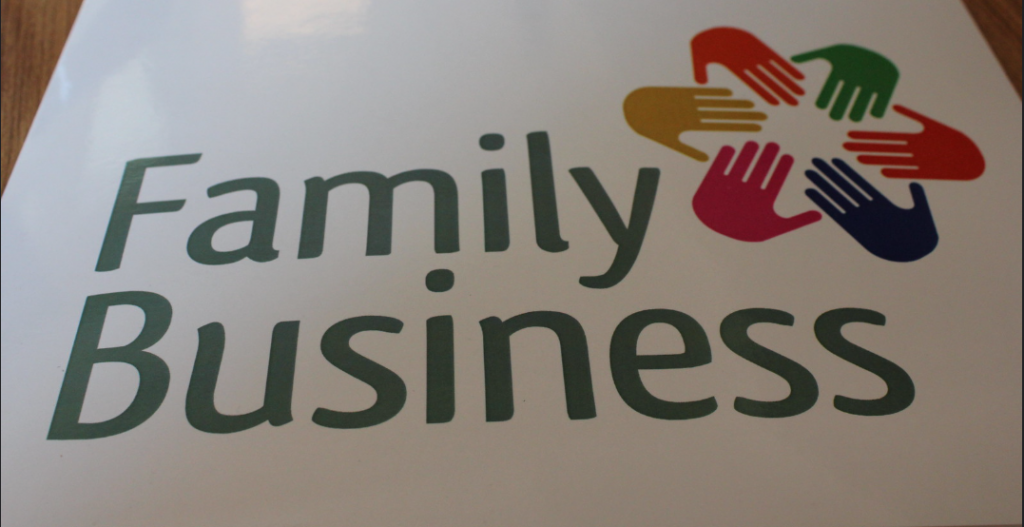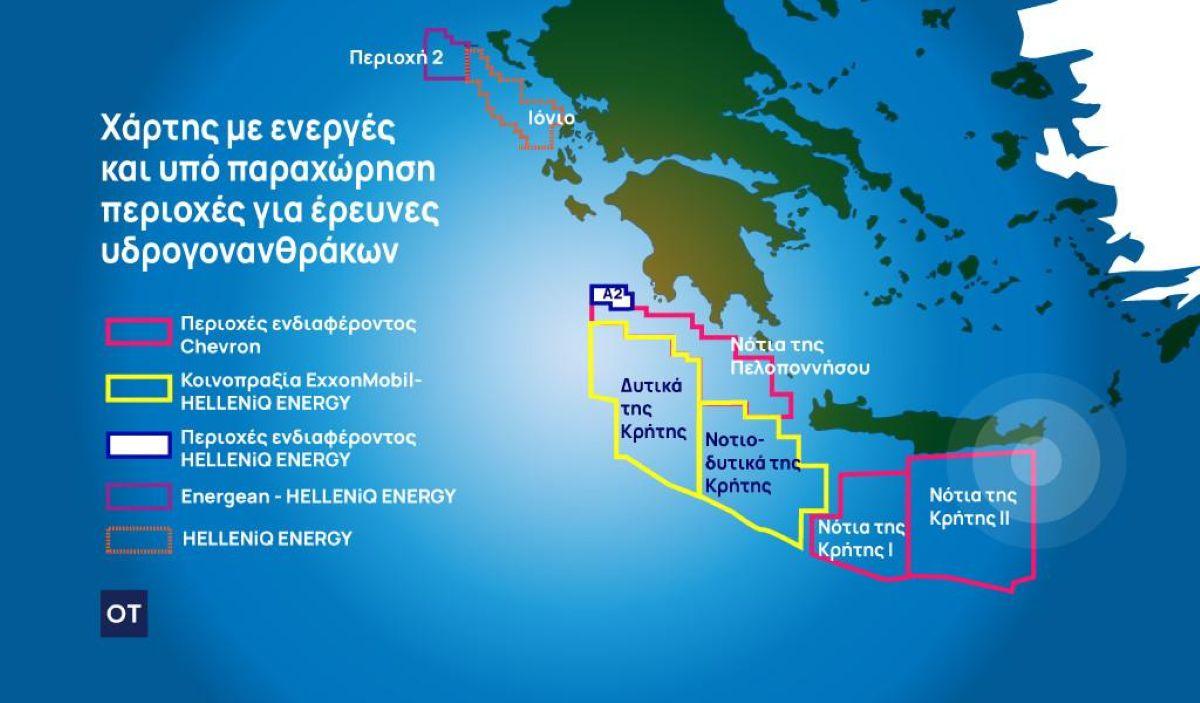In Greece, respectively, family businesses are active in the whole range of sectors from industry and trade, to shipping and services.
In the countries of Northern, Southern and Western Europe, the awareness about the heterogeneity of family businesses is more widespread and they are now a separate entity in the public debate. In contrast, in Eastern Europe family businesses are equated with SMEs.
It is characteristic that in European countries there is no single definition of a family business, which is applied in every country, in public debate, legislation, as a criterion for strengthening entrepreneurship or as a criterion for collecting statistical data for academic research. This results in around 90 different definitions, which mainly require significant family influence in the ownership, management and governance of these businesses.
In several countries in Europe, distinct bodies have been established to support family entrepreneurship, such as:
• Networks of Family Businesses, with the aim of networking, exchanging information, as well as lobbying with various target groups, such as the general public and governments.
• Employers’ organizations or sections of chambers that recognize the fact that a significant number of their member businesses are family businesses.
• Providers of support services, such as universities that have created courses or even specialized study programs for the management of family businesses and at the same time invest in research on the economic and social contribution of these businesses, their management and governance, succession, family relations- business, innovation, competitiveness, and their internationalization.
Accordingly, Policies have been implemented to support these businesses, such as:
Legislations that facilitate business transfers, as generational transition is a critical issue for their viability and survival. Corresponding ones, which provide the possibility of institutionalizing non-voting shares, favoring the access of companies to financing and others that regulate the taxation related to transfers, since inheritance and gift tax is a significant challenge for family businesses.
Governance Tools, since family businesses need organizational structures that will proactively neutralize the appearance of conflicts.
In some countries, governance codes for family businesses have been drawn up and initiatives have been developed regarding corporate governance, family governance, family protocols, family statutes and family councils.
Business Transfer methodologies and ways to raise awareness of the importance of effective and timely succession planning are offered by various bodies, whether governmental, employers’ organizations or family business networks.
Finally, in many European countries, expert groups dealing with family businesses are investigating the sector and the challenges and trying to persuade governments and public authorities to modify the terms of the family business framework.
This discussion needs to start now in Greece as well, accompanied by the undertaking of specific political initiatives.
The lack of recognition and understanding of the diversity of family businesses and their frequent equation with SMEs is due to the lack of demarcation of this field. Their clear identification will highlight the economic and social contribution of these businesses, as well as the need to draw up specialized policies for them. In addition, representative organizations or a network of these businesses must be created, in order to gain direct involvement in governance processes, in collaboration with government agencies and policy makers, with the aim of supporting family businesses through perfectly targeted policies.
Policies for capital support of family businesses should also be explored. Tax incentives aimed at reinvested earnings or inheritance and gift taxes are useful, particularly for smaller business schemes. Support tools for financial obligations during the transfer of businesses can enhance their liquidity and reduce the risk of insolvency in financially difficult periods. In addition, frameworks for accessing external funding, without having to lose management control, are another measure of support.
Policies for training and developing the competitiveness of these businesses are also imperative. It is critical for family businesses to be able to manage the relationships and potential conflicts between the family and the business. In addition, it is important that they can recognize the changes in the business environment and optimize their internal operations, in the direction of increasing their competitiveness and ultimately ensuring a sustainable path.
Finally, initiatives to raise the awareness of these businesses about the importance of succession planning are also necessary, taking into account the social and demographic changes taking place in the country. The provision of information, guidelines, advice and planning tools to support succession can come through targeted training programmes, which can be offered by family business networks or employer organizations in collaboration with Universities and educational institutions.
The debate on the great unknown of the national economy and its targeted support policies must now begin.







![Βούτυρο: Τι δείχνει το χρηματιστήριο τιμών – Γιατί παίρνουν… φωτιά τα κρουασάν [γραφήματα]](https://www.ot.gr/wp-content/uploads/2025/07/kroyasan-1024x683-1-300x300.jpg)





![Δασμοί: Οι εμπορικές συνομιλίες ΕΕ-ΗΠΑ για τους δασμούς στα αυτοκίνητα [γραφήματα]](https://www.ot.gr/wp-content/uploads/2025/07/tofas.jpg)

![Τεχνητή νοημοσύνη: Η ζήτηση ενέργειας αυξάνει τις εκπομπές CO2 [γράφημα]](https://www.ot.gr/wp-content/uploads/2025/02/data-center.jpg)
![Χρυσές λίρες: Πουλάνε μαζικά οι Έλληνες το εξάμηνο του 2025 [γράφημα]](https://www.ot.gr/wp-content/uploads/2025/07/photo_2025-07-04_13-01-06.jpg)











![Βούτυρο: Τι δείχνει το χρηματιστήριο τιμών – Γιατί παίρνουν… φωτιά τα κρουασάν [γραφήματα]](https://www.ot.gr/wp-content/uploads/2025/07/kroyasan-1024x683-1.jpg)


![Εκατομμυριούχοι: Η μεγαλύτερη μετακίνηση πλούτου στην ιστορία το 2025 [γράφημα]](https://www.ot.gr/wp-content/uploads/2024/04/money-2048x1366-1.jpeg)

![Τραμπ: Διοργανώνει σύνοδο κορυφής ΗΠΑ και πέντε αφρικανικών χωρών [γράφημα]](https://www.ot.gr/wp-content/uploads/2025/06/trump-maga-scaled.jpg)




